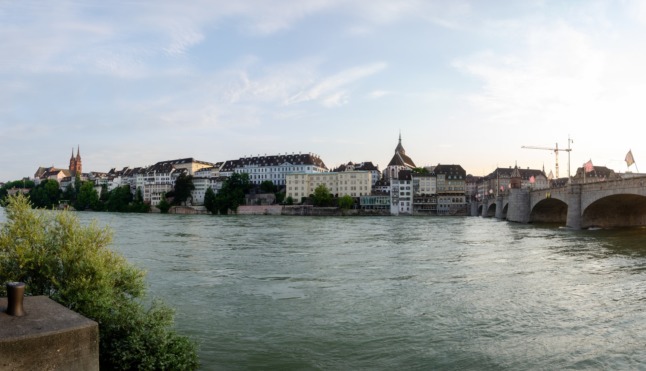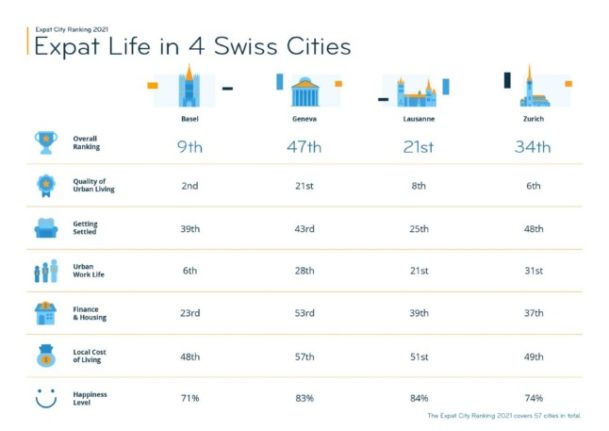TENNIS
Federer has no plans to retire until at least 2019
Roger Federer may be 35 but he showed retirement is far from his mind by committing to play at the Swiss Indoors for another three years.
Published: 22 February 2017 08:32 CET

Federer celebrates winning the Swiss Indoors in 2015. Photo: Fabrice Coffrini/AFP
The Basel native won his 18th Grand Slam title in an epic final against Rafael Nadal at the Australian Open last month, ending a five-year wait to add to his tally.
He has claimed more than $100 million (95 million euros) in prize money during his career but is showing no sign of letting up, with Swiss Indoors organizers revealing on Tuesday that Federer is booked in for the next three editions of the event, starting in October.
“I can hardly wait to step out again in front of my home crowd in autumn. To play in Basel is always one of the highlights of the year,” said Federer, a seven-time winner of his home tournament who missed last year's event due to injury.
This year's tournament will run from October 21st-29th.
It is all the more of a coup as the Swiss Indoors is only an ATP 500 event, the fourth category behind Grand Slams, World Tour Finals and Masters 1000 tournaments.
Event president Roger Brennwald added: “We are in the privileged position of having been able to secure the participation of Roger Federer in our tournament for a further three years.”
Federer will be 38 by the time he plays in the 2019 edition of the Swiss Indoors.
Url copied to clipboard!



 Please whitelist us to continue reading.
Please whitelist us to continue reading.
Member comments